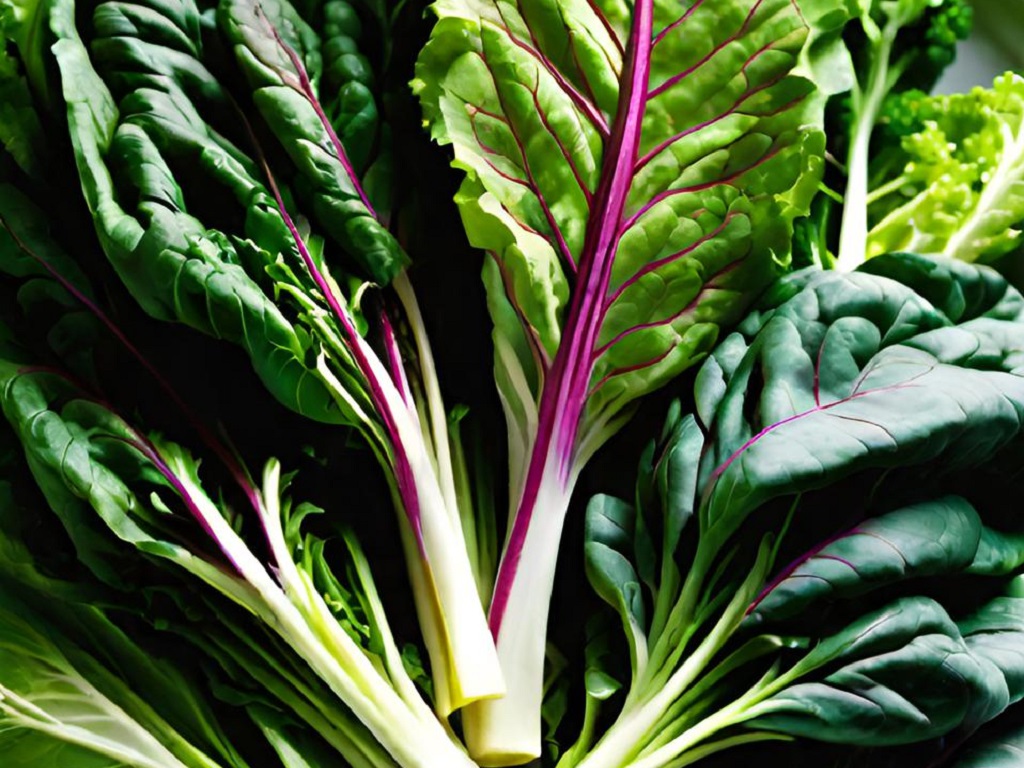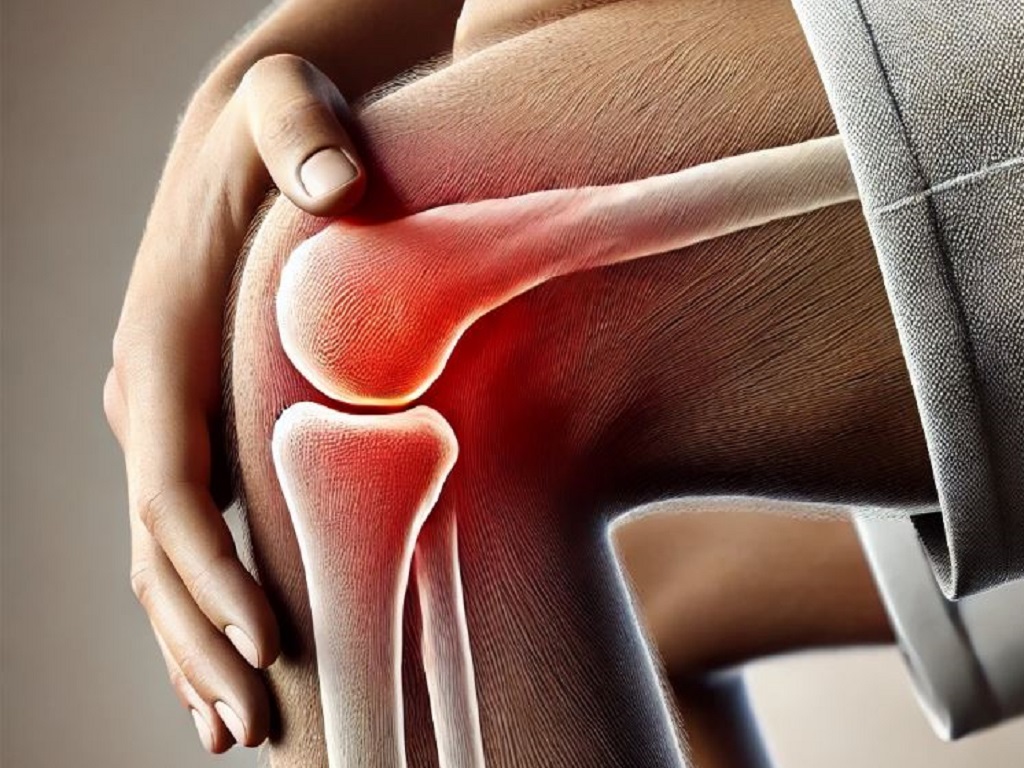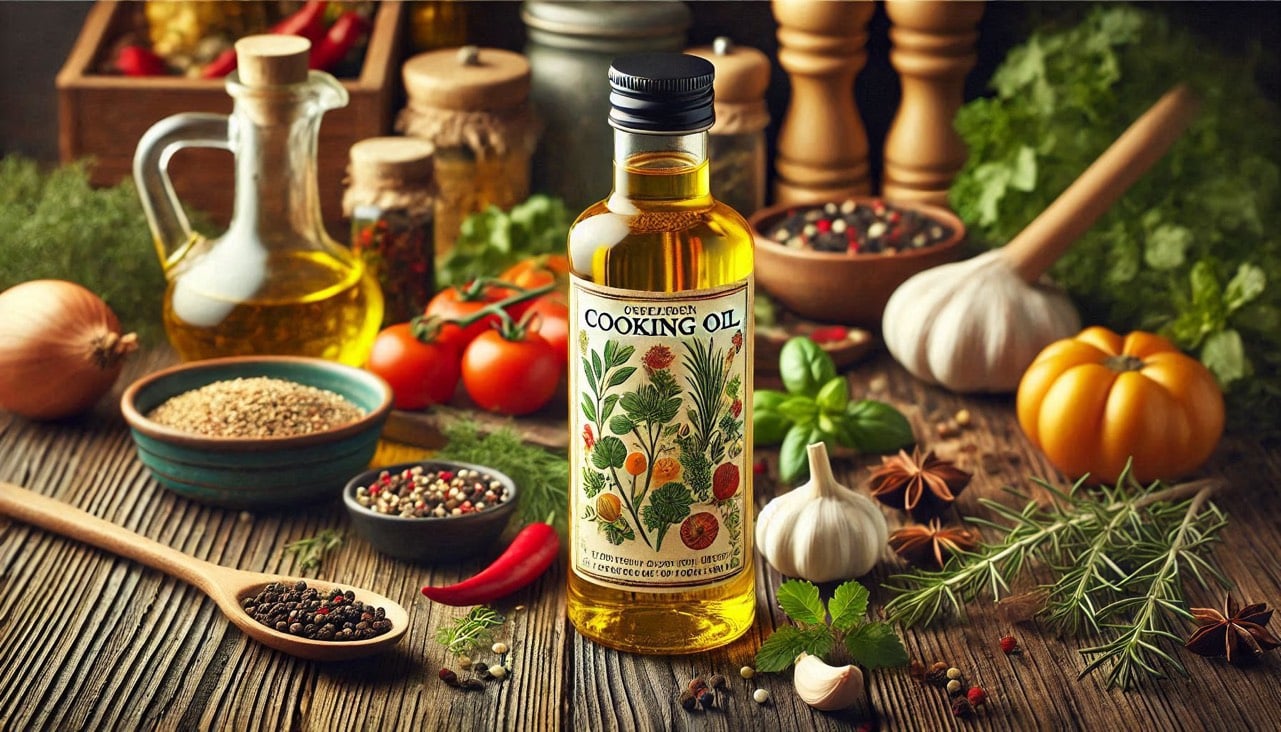'A new study finds that one mineral that older adults are most likely to be deficient in is magnesium. This is because some changes due to aging make it harder for the gut to absorb magnesium.' Start your day with health news to see more of this article!
Starting the day with health news , readers can also read more articles: Why do heart attacks often occur in cold weather?; 4 causes of pain behind the knee that need treatment ; New research on cooking oil shows the importance...
To prevent heart attacks, what minerals do the elderly need to supplement?
As we age, aging makes it harder for the body to absorb enough vitamins, minerals and other nutrients from food. Among them, there are substances that the elderly are very susceptible to deficiency, thereby affecting the function of the heart and nerves.
One of the key factors in maintaining good health is a nutritious diet with vegetables, fruits, whole grains, lean meats rich in protein and healthy fats. However, aging reduces the ability to absorb nutrients, making the elderly more susceptible to nutritional deficiencies.

Green leafy vegetables are one of the richest food sources of magnesium.
A study published in the journal Nutrients found that the mineral that older people are most likely to be deficient in is magnesium. This is because certain changes due to aging make it difficult for the intestines to absorb magnesium.
Magnesium is important for the body because it contributes to more than 300 functions, from regulating heart rhythm, promoting bone health to supporting nerve and muscle function. Adult men need at least 400 mg of magnesium per day, while women need 310 mg per day.
Magnesium is especially important for older adults because it helps reduce the risk of type 2 diabetes and osteoporosis-related fractures. It can also prevent heart attacks, strokes, and cognitive decline.
One chronic condition that can lead to heart disease is high blood pressure. Over time, high blood pressure can damage arteries and cause plaque to form. Plaque can reduce blood flow to organs and even lead to heart attacks and strokes. The next part of this article will be on the health page on December 24.
4 Causes of Pain Behind the Knee That Need Treatment
The knee joint is one of the most important joints and bears a lot of weight when walking. Any damage to the knee joint can greatly affect the mobility. Pain is a common symptom warning of a problem with the knee joint.
We often pay attention to pain in the front of the knee. However, pain in the back of the knee is also a very important symptom. Sometimes, this pain behind the knee will be difficult to determine the cause.

Posterior cruciate ligament injuries can cause pain behind the knee.
Causes of pain behind the knee that people should not ignore include:
Cramps. Cramps are a very common problem. If cramps occur behind the knee, it is due to overuse of this muscle group. However, if cramps occur frequently, the cause may be nerve damage, the body is accumulating many toxins, or even tetanus.
Baker's cyst. A Baker's cyst occurs when the knee is damaged, such as from arthritis or a torn cartilage. This damage causes an abnormal buildup of fluid, which leads to the formation of a cyst. The cyst creates pressure and pain behind the knee.
In severe cases, the cyst can rupture, causing severe swelling and pain in the knee. In this case, the patient needs to go to the hospital immediately. The next content of this article will be on the health page on December 24.
New research on cooking oils shows the important
New research shows that healthy cooking oils like avocado oil and olive oil offer a range of benefits, from improved heart health to reduced cancer risk.
Recent research has raised concerns that cooking oils, but Professor - Dr. Timothy Yeatman, working at the Cancer Institute of the University of South Florida and Tampa General Hospital (USA), affirmed that research results do not show that cooking oils, including seed oils, can cause cancer.

Study authors assert that moderate consumption of seed oils is healthy.
Research has shown that the problem stems from the fact that seed oils are high in omega-6 fatty acids, some of which can promote inflammation in the body. Inflammation can contribute to certain types of cancer, like colon cancer.
Of his research, Dr. Yeatman said: “Excessive omega-6 consumption leads to excess inflammatory mediators, which create an immunosuppressive environment for colon cancer. And I think that allows the tumor to grow and spread.”
To remedy this situation, according to Dr. Yeatman, supplementing enough omega-3 fatty acids has anti-inflammatory effects, which can curb the harmful effects of omega-6. According to Mount Sinai Hospital (USA), general nutrition guidelines recommend a ratio of omega-6 to omega-3 in the diet of 2:1 to 4:1.
When consumed in the right proportions, both omega-6 and omega-3 fatty acids are unsaturated fats, which are beneficial for heart health. That's why the American Heart Association says nut oils can be part of a healthy diet. Omega-6 is also found in nuts, which are considered healthy. Omega-3 is commonly found in fish like salmon and some nuts. Start your day with health news to see more of this article!
Source: https://thanhnien.vn/ngay-moi-voi-tin-tuc-suc-khoe-khoang-chat-nao-giup-nguoi-lon-tuoi-ngua-dau-tim-185241223224428252.htm


![[Photo] Solemn opening of the 12th Military Party Congress for the 2025-2030 term](https://vphoto.vietnam.vn/thumb/1200x675/vietnam/resource/IMAGE/2025/9/30/2cd383b3130d41a1a4b5ace0d5eb989d)

![[Photo] General Secretary To Lam receives US Ambassador to Vietnam Marc Knapper](https://vphoto.vietnam.vn/thumb/1200x675/vietnam/resource/IMAGE/2025/9/29/c8fd0761aa184da7814aee57d87c49b3)
![[Photo] General Secretary To Lam, Secretary of the Central Military Commission attends the 12th Party Congress of the Army](https://vphoto.vietnam.vn/thumb/1200x675/vietnam/resource/IMAGE/2025/9/30/9b63aaa37ddb472ead84e3870a8ae825)

![[Photo] The 1st Congress of Phu Tho Provincial Party Committee, term 2025-2030](https://vphoto.vietnam.vn/thumb/1200x675/vietnam/resource/IMAGE/2025/9/30/1507da06216649bba8a1ce6251816820)



























![[Photo] General Secretary To Lam attends the ceremony to celebrate the 80th anniversary of the post and telecommunications sector and the 66th anniversary of the science and technology sector.](https://vphoto.vietnam.vn/thumb/1200x675/vietnam/resource/IMAGE/2025/9/29/8e86b39b8fe44121a2b14a031f4cef46)






























































Comment (0)